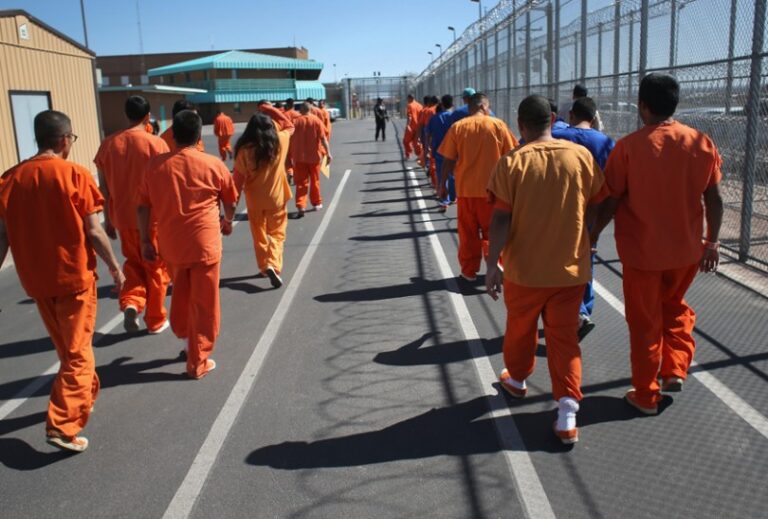
Congress has begun to take steps in tackling the enormous fiscal and human costs associated with mass incarceration and the barriers affecting reintegration into society for those convicted of crimes. On Dec. 21, 2018, President Trump signed a bipartisan federal criminal justice legislation known as The First Step Act of 2018. The new law, which reduces sentences for some offenders and expands employment training and other educational programs, reflects a major focus on rehabilitation and money-saving policies by the Republican Party, a far cry from its punitive position in the 1980s.
The law requires a federal prisoner to be put in a federal prison as close as possible to the prisoner's primary residence. This could quite possibly resolve the issue of family separation, which is one of the leading causes for problems during rehabilitation. The law also grants the possibility of low risk prisoners serving part of their sentences under community supervision, using electronic monitoring.
The First Step Act contains a multitude of other impressive justice reforms, such as broadening eligibility for elderly offenders to partake in compassionate release and home detention; provides funding for reentry and rehabilitative programs at the state level; restricts increased penalties and minimum penalties for previous drug crimes (not retroactive); requires the Bureau of Prisons to expand its opioid and heroin dependency treatment; restricts the use of juvenile solitary confinement; requires a "recidivism risk" evaluation of each inmate and provides incentives to participate in recurrence reduction programs; and provides the opportunity to receive “time credits” for certain detainees that can lead to earlier pre-release custody.
The epidemic of mass imprisonment in America has caused irreparable damage to countless individuals. These reforms, while far from perfect, are essential for improving the lives of those currently incarcerated and their strained families.